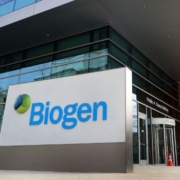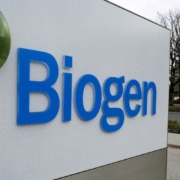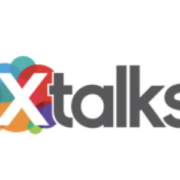Immuno-Oncology pipeline cuts explained
Immuno-Oncology pipeline cuts explained
Published: Mar 16, 2023
By Jia Jie Chen, PharmD
BioSpace
As Q4 and full-year 2022 financial statements continue to be released, immuno-oncology pipelines continue to be slashed.
There are myriad factors at play, including strategic resetting, financial difficulties and regulatory changes.
When immuno-oncology first came out, these agents were seen as bright alternatives to cytotoxic chemotherapy and targeted agents. Traditionally, cytotoxic chemotherapy carried risks such as causing secondary cancer due to indiscriminate DNA chelation while targeted agents have the risk of resistance if treatment fails.
Despite their potential, Increasing availability and decreasing costs associated with genomic testing has led to more and more specific clinical trial criteria for enrolling subpopulations into immuno-oncology trials. Therefore, results in potential insights that may not be immediately translational to real-world scenarios.
While a pivotal clinical trial of GSK’s Jemperli (dostarlimab) at Memorial Sloan Kettering Cancer Center successfully treated 100% of the colorectal cancer patients enrolled, the trial consisted of only 14 patients and its success reflected only the experience of a single top-notch institution.
In addition to answers for why a treatment may work, genomic testing can also unlock more questions in the search for why a treatment may fail. This can increase the cost of research and development, especially when there may be multiple root causes involved.
If a company sees ballooning expenditures approaching that cannot be afforded, this factor can serve as rationale for discontinuing pipeline projects even if the product succeeds in clinical trials.
Finally, the FDA intends to increase the standards for evidence that can enable an accelerated approval. Instead of using conditional approvals where an investigational product can be approved and stay on the market if more successful results come out later, the FDA may seek more robust proof before the green light is given.
As a result, some immuno-oncology drugs, such as Roche’s Tecentriq as a first-line treatment for a subtype of advanced bladder cancer, have been shelved.
With these factors affecting I-O pipelines for the foreseeable future, many companies may scrutinize or reevaluate these products on a regular basis as 2023 marches on.
Source: BioSpace










